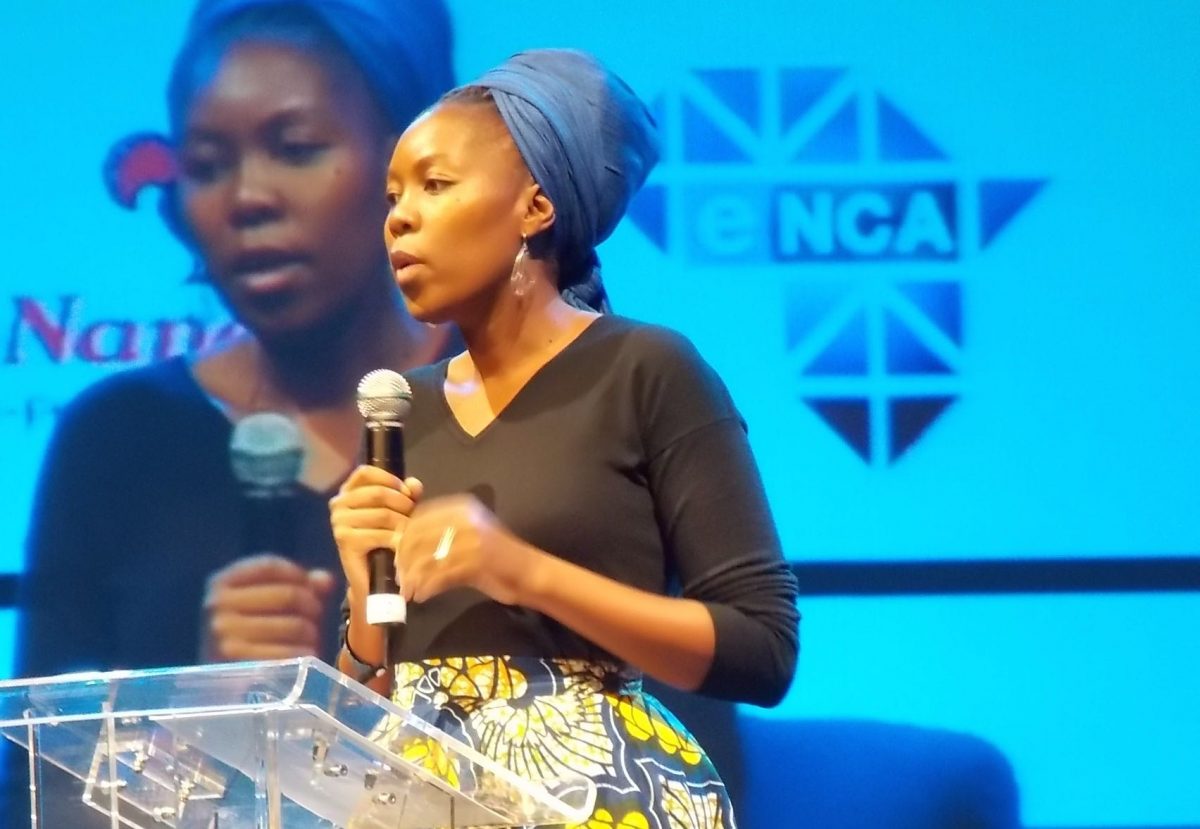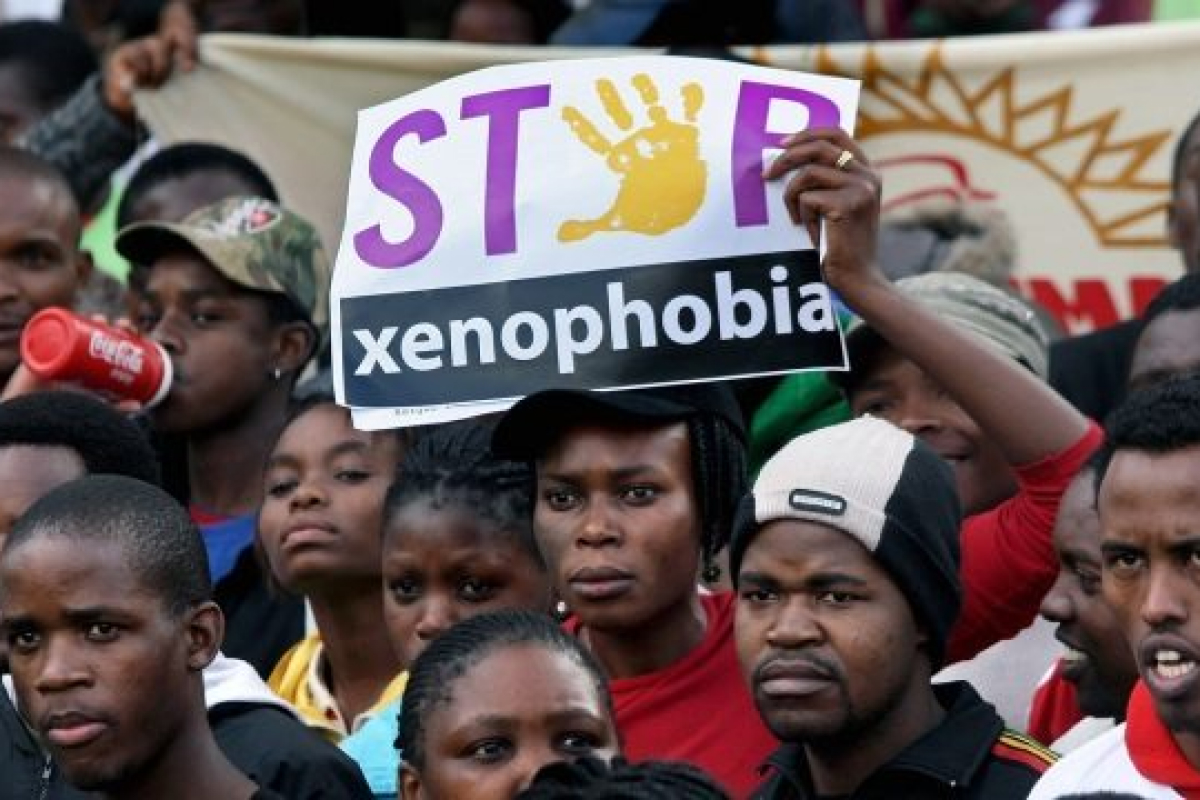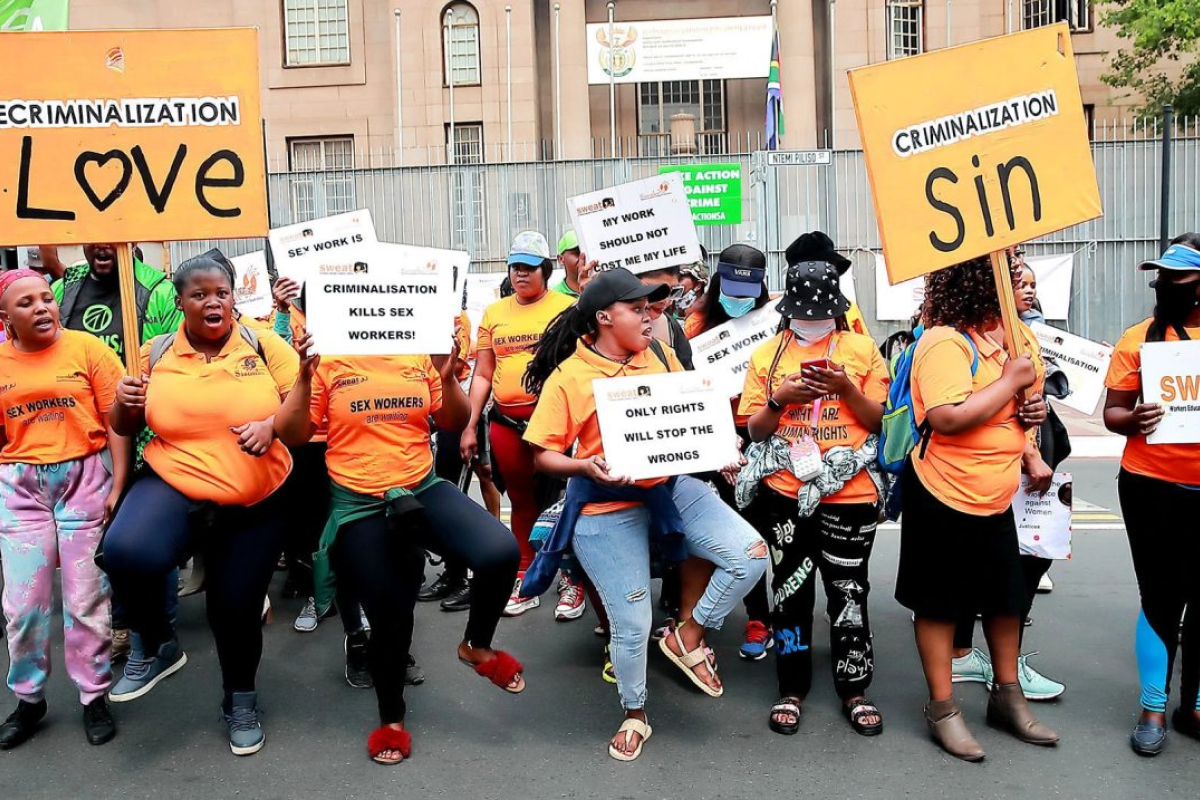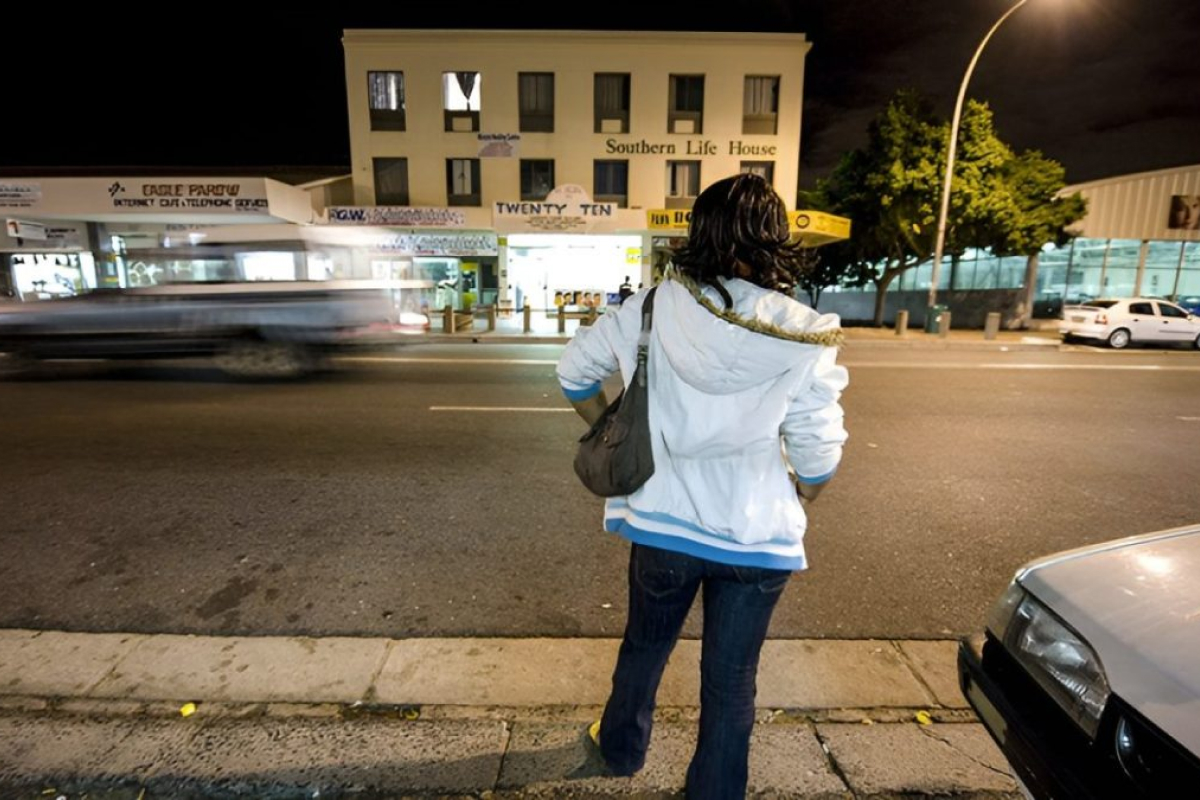I joined Sonke two months ago on a part-time basis. It was a big shift for me. I went from running a large grant-making operation working across ten countries to working in a similar environment – but not being the boss. It was a decision I chose for all the same reasons as other professional women who can afford to. I have small children and increasingly had the sense that the stress and hectic nature of my work life would erode my connection to them. My feminism certainly helped me to recognise that my partner – although he felt similar pressures – wasn’t as fraught about it as I was. But that analysis didn’t make the disconnection from them feel any less visceral.
So I have opted out of the fast pace and am working three days a week at Sonke, providing some support to the exciting crop of young managers who have been hired here, and working on an advocacy project that seeks to scale up South Africa’s response to gender-based violence through increased budgetary allocations, better operational planning, and a better alignment between the funds available for GBV within the private sector, and the need for assistance at the community level.
The transition has been easier than I thought it would be. I have found a welcoming – though remarkably busy – team of vibrant and committed activists and technical experts. The mix itself is exciting. The ability Sonke has to make policy submissions, train inmates in the Western Cape, toyi toyi outside court houses and serve as a respected partner to the state, is one of its greatest strengths.
But by far the most exciting thing about being here has been the fact that the team at Sonke has shifted to reflect a younger, more female demographic. Since its inception six years ago, Sonke has become younger and more female than it was in its early days. Today, 40% of Sonke’s management team are women. There is no question that the women of Sonke Gender Justice have had a radical impact on how the organisation functions and how it is beginning to be seen externally. It is also clear that with these shifts come tensions and complexities.
Part of Sonke’s appeal, indeed a significant reason why it has been so successful, is that it has had such a clear mandate with its focus firmly on pushing men and boys to transform. Sonke has always been a pro-feminist organisation, working to advance a women’s rights agenda by ensuring that men play a constructive role in the fight for women’s emancipation.
The organisation has deliberately refused to play into the politics of ‘men’s rights’ even as it recognises that there are areas in which men access health and other social services less than women, which is bad both for their own health and for the health of women.
Women in Sonke deal with a range of complicated questions from within the women’s rights sector. They are clearly part of an arena of work in which their skills and experiences are valuable, and yet they work for an organisation that is seen by some as having drawn money away from the women’s rights sector. Some women within Sonke report being called “sell-outs and having their political commitment to gender equality and women’s rights questioned on the basis of their employment at Sonke.
Listening to the stories of women who work at Sonke has been a stark and painful reminder of why the work of feminism remains important. Women in Sonke report feeling angry when the phone rings and they are asked if a male colleague can come to address a workshop on gender. They know they have the skills – indeed they were hired for their skills – and yet a public that is hungry for the voices of men in the fight against gender inequality wants to hear men speak about gender. Indeed, because its core mandate is both to work with men and boys to promote gender equality and to pay a representational role – demonstrating that men can and do speak with knowledge and conviction about gender transformation – women within Sonke are often deliberately overlooked by the public when they are looking for a trainer or facilitator or a speaker.
The paradox of this reality – not created by Sonke but part of the environment in which the organisation functions – requires careful and deliberate thought, maturity and sophistication.
For men working in Sonke, the questions are no less complicated. Will the most senior leadership (which continues to be male) have to give up their power so that women are fifty per cent of the organisation from top to bottom? If they did this, what would it mean in terms of the clear niche served by the organisation? Do men at Sonke recognise and actively work towards eliminating the ways in which their unearned male privilege impacts on their female colleagues? Have they integrated the lessons that they teach to the communities that they work with, or do they play out prescribed gender roles on a sub-conscious level?
The answers are as varied and complicated as the questions. Of course men within Sonke are contaminated with sexism, just like men who work in other NGOs. Some are conscious of their privilege and work hard to minimise its effects in their personal relationships and in the ways they work with each other and with partners. Others are at a different stage in their journey and need reminding, pushing and prodding, sometimes stern warnings. Some men don’t last within Sonke because they violate the basic principles to which the organisation is committed: non-violence, respect for women’s rights and a commitment to a society in which women and men engage with one another respectfully.
There are no easy answers for women working in Sonke either, just as there are no easy answers for women across South Africa who are working in male dominated environments. The difference of course is that Sonke is purposeful about challenging patriarchy whereas most others are not. This doesn’t let us off the hook, but it provides important context.
Precisely because there are no easy answers, the organisation has resisted the temptation to come up with pat, boilerplate responses to the new and pressing questions that women and men across the organisation are asking.
The principles and practices of Sonke are clear: we believe in a world in which women and men are equal, a world in which men constructively work towards gender equality alongside, in solidarity with and often under the guidance of women. Sonke is giving the issue of how it takes on explicitly women’s rights agendas both at an institutional staff level as well as at a programmatic level serious thought. Indeed, the organisation has already begun a series of structured conversations to move this agenda forward.
In practical terms, the presence of women at Sonke has already pushed the boundaries of the organisation’s policy work. In this edition of the newsletter you will see that Sonke has embraced lists as easy and interesting ways to share powerful information. As such, we list 10 reasons why you should support the decriminalisation of sex work. We have also included a great list (as an offshoot of this piece) of signs that you are the beneficiary of male privilege. Lastly, we provide you a link to our 10 reasons why we need a scaled up response to GBV document.
But first a list of some of the women who are re-shaping Sonke and how it does its work around policy and advocacy.
Under the guidance of Cherith Sanger, as you will see in this newsletter, Sonke’s Policy Development and Advocacy unit is involved in partnerships that seek to decriminalise sex work, support gender transformation in the judiciary so that more women sit on the bench, and monitor the effectiveness of the Commission on Gender Equality.
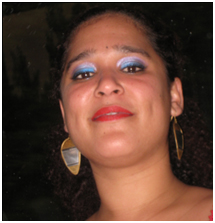 Cherith Sanger speaking to media during a protest for R1B Fund on Gender-Based Violence at National Budget Speech
Cherith Sanger speaking to media during a protest for R1B Fund on Gender-Based Violence at National Budget SpeechThe women in Sonke’s policy unit have also pioneered our work in new areas related to governance, democracy and accountability. Emily Keehn’s work with the Judicial Inspectorate of Correctional Services is path-finding. Alongside Just Detention International, Emily and her team have provided direct contact with hundreds of prisoners, but have also pushed for (and won) a policy to create zero tolerance for sexual violence in prisons. An essential part of their effort has focused on the powers of JICS as an oversight body – an essential contribution to the creation of a society that is well governed.
At the level of the next generation of Sonke policy leaders, the UCLA Fellowship programme has provided a steady stream of talented younger women. Nomonde Nyembe, a 2010 Fellow who clerked in the constitutional Court stands as a stellar example, as does Katy Hindle, a 2012 Fellow who left a potentially lucrative career in the private sector to help to shape Sonke’s efforts on GBV and judicial transformation.
In the Regional and International Partnerships Unit, the Deputy Director, Itumeleng Komanyane, has make links for Sonke across the African continent. At an institutional level, Sonke would not be where it is without the efforts of Angelica Pino, whose resource mobilisation and partnership building skills are unparalleled. Zinhle Nkosi, who has joined to head up our M&E work, is also bringing a consistency and rigour to Sonke’s work that sets us on a path to success.
Born just before the beginning of the global financial crisis, Sonke Gender Justice is one of only a handful of organisations that have managed to thrive in lean times. It has done this because of its remarkable ability to innovate, to enter strategic spaces at the right moment and to pull back when it needs to. It has done this because of its strong roots on the ground and its ambitious advocacy agenda.
Most importantly, Sonke has demonstrated an ability to manage complexity; to hold it and not be frightened by it; to draw the best from criticism while not being paralysed by the fear of critique. These are the traits that make me excited about being a woman in Sonke.

